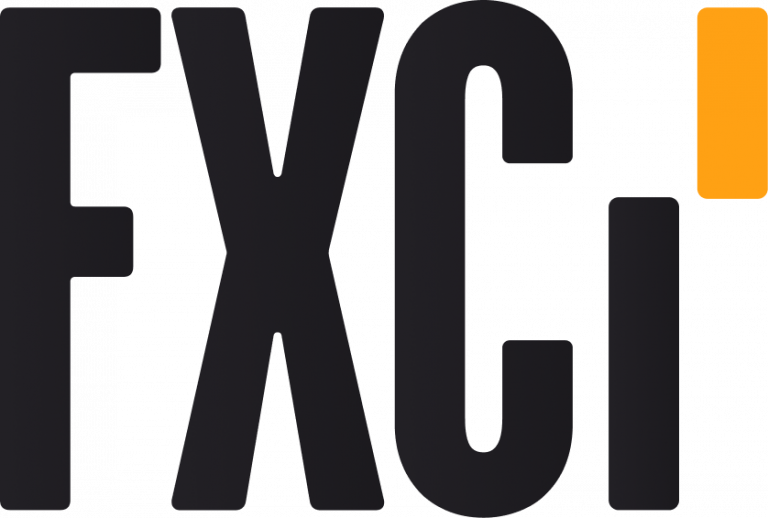Prop Trading House: What is it and How Does It Work?
FXCI prop trading firm offers funded accounts up to $300,000 in India. Earn up to 99% profit trading with FXCI’s capital.
Exclusive Discount Ending Soon
Your code «FXCI50» gives 50% savings. No time limits with FXCI. Get refund after first payout. Click to join FXCI today 👇
Introduction
In the world of finance, there are many types of trading institutions, each serving a unique purpose. One of the most intriguing yet lesser-known entities in the financial ecosystem is the prop trading house. But What is a prop trading house? This article explores the structure and function of prop trading houses, the advantages they offer to traders, and how these firms operate within the broader financial markets.
A prop trading house is a company that uses its own capital to trade financial instruments, such as stocks, bonds, commodities, and forex. Unlike traditional brokerage firms, which facilitate trading on behalf of clients, prop trading houses invest their own money to generate profits. They are crucial players in market liquidity and often provide traders with capital to trade, splitting the profits generated.
The Structure of a Prop Trading House
To fully understand What is a prop trading house, it is important to break down its structure. These firms can vary in size and scope, but they all share a similar core structure:
- Traders: These are the individuals who use the firm’s capital to trade. They are responsible for implementing the trading strategies that generate profits for the house.
- Risk Management Teams: These professionals monitor the traders’ activities, ensuring that risk is kept at manageable levels. This involves tracking exposure and enforcing trading limits.
- Support Staff: Prop houses often employ technical analysts, data scientists, and other specialists who help optimize trading strategies and systems.
- Technology: Advanced trading platforms, algorithms, and data analytics are commonly used in prop trading houses. These systems help traders make informed decisions and respond to market fluctuations in real time.
Key Features of Prop Trading Houses
| Feature | Description |
|---|---|
| Capital | Prop firms use their own capital to trade. |
| Profit Split | Profits are typically shared between the trader and the firm. |
| Risk Management | Prop firms maintain strict risk management protocols to protect capital. |
| Technology | They rely on advanced systems and trading algorithms. |
Types of Prop Trading Models
Prop trading houses can operate under different models. Here are some common types:
- Proprietary Trading Firms:
- These firms trade their own capital in the financial markets.
- Profits are typically split between the trader and the firm.
- Traders are often provided with high leverage and a large amount of capital.
- Prop Firms Offering Capital to Traders:
- In this model, firms provide traders with capital to trade in exchange for a share of the profits.
- Traders are typically required to pass evaluations or meet certain performance criteria before receiving funding.
- Algorithmic Trading Firms:
- These firms use computer algorithms to trade on behalf of the company, aiming to exploit market inefficiencies.
- They require significant technological infrastructure and data analysis capabilities.
Advantages of Working with a Prop Trading House
For aspiring traders, joining a prop trading house can be an attractive opportunity. Here are several benefits:
- Access to Capital: One of the biggest advantages is that traders can access substantial capital without risking their own money.
- Leverage: Prop firms often provide high leverage, allowing traders to amplify their potential profits.
- Profit Sharing: Traders typically share profits with the firm, which can be lucrative if successful strategies are implemented.
- Training and Support: Many firms provide training programs, mentorship, and cutting-edge tools to help traders develop their skills.
How to Join a Prop Trading House
Getting involved in a prop trading house usually requires passing specific evaluations, such as a trading challenge or performance test. Here is a typical process:
- Application: Traders apply by submitting their resume and trading experience.
- Evaluation Process: Firms may require traders to demonstrate their skills through simulated or real money trading challenges.
- Funding and Risk Allocation: If successful, traders are given capital to trade, subject to the firm’s risk management guidelines.
Steps to Join
| Step | Description |
|---|---|
| Step 1: Apply | Submit your application with your trading experience. |
| Step 2: Evaluation | Complete a trading challenge or test. |
| Step 3: Funded Account | If successful, start trading with firm capital. |
Risks Involved in Prop Trading
While prop trading houses offer great opportunities, there are risks involved, including:
- Market Risk: The market can be volatile, and prop firms often take substantial positions in the market.
- Liquidity Risk: The ability to exit positions quickly is crucial. Prop firms may face issues in less liquid markets.
- Leverage Risk: High leverage can amplify losses as well as profits, making risk management crucial.
Conclusion
In conclusion, What is a prop trading house. A prop trading house is a company that invests its own capital to trade financial markets. They offer aspiring traders access to funding, advanced technology, and a profit-sharing model. However, like all investments, there are risks involved, including market volatility and the potential for losses. Aspiring traders should weigh the benefits and risks before pursuing a career in prop trading.
Joining a prop trading house can be a lucrative opportunity for skilled traders who are ready to take on the challenges of financial markets. With the right skills and a solid understanding of risk management, a career in prop trading can be both profitable and rewarding.
FAQ
What is the primary difference between a prop trading house and a brokerage firm?
A prop trading house trades using its own capital, while a brokerage firm facilitates trading for clients.
How do I get funded by a prop trading house?
You typically need to pass an evaluation or trading challenge before receiving funding.
What types of financial instruments do prop trading houses typically trade?
Prop firms trade a variety of instruments, including stocks, forex, commodities, and bonds.
What is the profit split like in prop trading?
Traders typically share profits with the firm, with splits often ranging from 50% to 80%.
Is prop trading suitable for beginners?
While some firms offer training and support, prop trading is generally more suitable for experienced traders due to the high risks involved.


